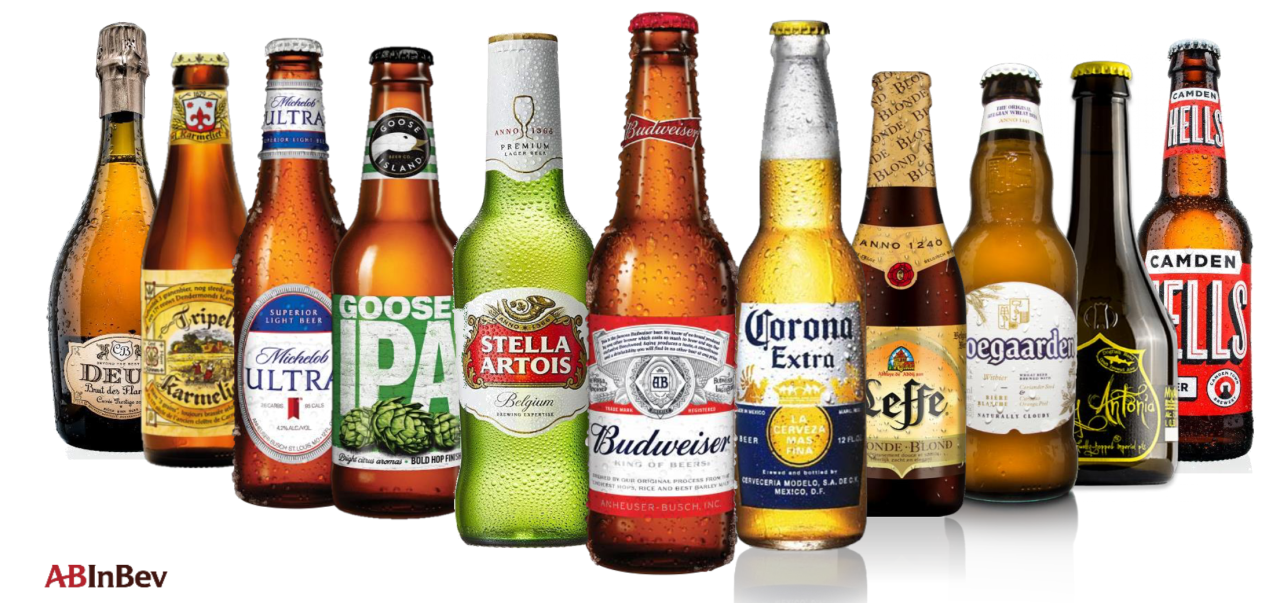
By Bahle Gama
AB InBev, the mother company of Eswatini Beverages along with two other companies, is being investigated by the COMESA Competition Commission.
In a statement, CCC Director and Chief Executive Officer Dr. Willard Mwemba stated that the CCC commenced investigations into market conduct likely to be in breach of competition rules by the main beer manufacturing companies operating in the COMESA region namely AB InBev, Castel, Diageo, and Heineken on its own motion.
“The COMESA Competition Law proscribes companies from engaging in any agreements, decisions by their associations or concerted practices which have as their object or effect the prevention, restriction, and distortion of competition and that would or are likely to have an effect on trade on Member States,” said Dr. Mweba.
Price fixing
He clarified that other conducts such as price fixing, market/customer allocation among competitors and absolute territorial restrictions are egregious competition law infractions that are detrimental to the efficient functioning of markets, growth of industries, creation of jobs, expansion of government revenue base and are an affront to consumer welfare.
Dr. Mweba also disclosed that the investigations had reached an advanced level and some of the companies were cooperating very well with the CCC.
“The CCC urges the other parties to the investigations to fully cooperate as the intention of investigations is not to penalise parties but remediation and restoration of competition in the COMESA region. Penalisation becomes an option for those who do not cooperate even when there is manifestly evidence of an infringement,” he said.
Heineken’s Strongbow to be divested in Eswatini, Zambia and Zimbabwe
The COMESA Competition Commission (CCC) has had discussions to divest Heineken’s Strongbow brands in Eswatini, Zambia, and Zimbabwe which will allow competition to return to the level prevailing before a merger that has been applied for by Heineken.
The CCC reviewed Heineken’s proposed acquisition of Distell and Namibia Brewers Limited, which was notified to the Commission on July 8, 2022, and involved the combination of significant players in the alcoholic beverages market.
Read More: Unbundling of EPTC Critical – World Bank
According to CCC Director and Chief Executive Officer Dr Willard Mweba, the transaction was going to result in the monopolisation of the ciders market in Eswatini, Zambia, and Zimbabwe, and thus the complete elimination of any competitive restraint on the merging parties, and choice of the consumers.
“The CCC wishes to point out that even when a transaction may involve the purchase of a smaller player in a particular market segment, where the market is heavily concentrated or dominated by few players, it is of critical importance to prevent any further concentrations/domination as these would inevitably lead to a substantial lessening of competition and deprive consumers of choice,” he said.
No competition after merger
Dr Mweba mentioned that the CCC was concerned that the merging parties were the only two suppliers of ciders in Eswatini, Zambia, and Zimbabwe pre-merger, and thus after the merger, ciders in the three countries would have been supplied by one company.
Such development in the market he said is not good as it has the potential of resulting in price increases and other potential violations that may erode consumer welfare. Heineken supplies Strongbow brands while Distelll supplies Hunters and Savanna in the three countries.
The Director further stated that CCC’s concern was that the merger would result in potential anti-competitive conduct with Delta Corporation in Zimbabwe, “its competitor in the market, with whom it would have a joint shareholding in an enterprise called Afdis which is involved in the supply of ciders in the country.”
He continued that the CCC also identified several public interest concerns like the need to maintain the local distribution system and that no distributorship agreements should be terminated as a result of the merger.
In addition, the merger clearance by the CCC is subject to the parties’ compliance with several behavioural obligations which have to be observed by the parties to the merger, including restriction on sharing of information by Heineken directors who would be sitting on the Afdis Board, restriction from tying the purchase of Heineken beer brands with Distell cider brands.
“The CCC in reviewing the merger proposal also considered the potential public interest concerns which could arise from the transactions, and the parties committed not to terminate existing distribution agreements in one of the affected member states Zimbabwe, and further shall be required to submit a list of objective criteria considered for the renewal or appointment of new distributors,” said Dr. Mweba.
With the collective decision to divest Heineken’s Strongbow brands from the three countries, Dr. Mweba stated that failure to comply with any of the merger orders can lead to fines and the revocation of the merger approval.






